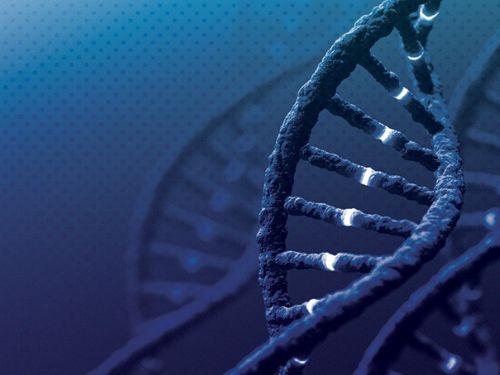Our Pursuit Towards a More Humane Genetics Education
January 14, 2022
BSCS Senior Research Scientist Dr. Brian Donovan is exploring the role science education can play in reversing racist and sexist thinking. He provides insight into this line of work in an article and webinar below.
Genetics education needs to move beyond Mendel to combat white supremacy.
I know that’s a bold statement. But it’s a statement I feel confident making based on my humane genetics research and development program.
Five years ago, I brought this program to BSCS Science Learning, when I became a research scientist at the organization. My goal was to build our knowledge about how to teach students genetics in ways that reduce social prejudice.
When I arrived at BSCS, I had already designed, implemented, and experimentally tested a short instructional unit on racial difference and genetics that had this purpose. The results of that study suggested that teaching high school genetics with this unit could significantly reduce some cognitive forms of racial prejudice among middle and high school aged students. This pilot study helped me to secure over a million dollars in funding from the National Science Foundation to explore how to teach about genetics to reduce racism.
Since then, my research team at BSCS has figured out a lot about how to teach genetics to challenge prejudiced thinking about race. When students learn from a curriculum that moves beyond Mendelian genetics, it allows them to develop a more complex understanding of genetics – one that explains how genes, the environment, and several unknown factors all play a role in complex human characteristics and abilities. It is necessary to teach students about genetic complexity to reduce racial prejudice. However, we have found that complexity alone is not a sufficient cause of such change. For a true change to occur, genetic complexity needs to be taught to students for the purpose of helping them to identify and criticize the flaws in prejudiced arguments. In other words, helping students learn about genetic complexity for an anti-racist purpose appears to be the special sauce that leads to the reduction of racial prejudice in the genetics classroom.
I call this special sauce “humane genetics.”
Our latest research suggests that if all high school students in the United States received a humane genetics education next year, then it could protect 65% of them from believing in genetic misinformation about race spread online by white supremacists.
So where do we go from here? We rely on courageous educators, leaders, and supporters who will continue to work alongside us to reduce social prejudice in America.
About the Humane Genetics Research Team
In recent years, many people have become involved in the humane genetics line of research at BSCS and elsewhere. Inside the organization, our research and development efforts are being pushed forward by Dr. Dennis Lee, Monica Weindling, Awais Syed, Molly Stuhlsatz, Jean Flanagan and Andy Brubaker. Outside of the organization, the humane genetics team is collaborating with scholars at Cornell University, Harvard University, MIT, Rutgers University, New York University, and the University of Texas at Austin. We have three new grants with our outside collaborators and each of them is pushing humane genetics in new directions.
In work we are doing with Harvard, MIT, and Rutgers, the humane genetics team is exploring if the humane genetics educational program can help more students change their racially biased beliefs by developing their abilities to interpret, integrate, and analyze data about human genetic variation. In work we are doing with Cornell University, we are exploring the impact of humane genetics education on college students to see if it changes their beliefs about science ability and interest in STEM careers. And, in work we are doing with UT Austin and NYU, we are exploring if and how genetics education influences the development of sexism. The initial results of our studies have indicated that the genetics curriculum tends to exacerbate gender stereotypical beliefs about men and women in students because of the way it discusses the genetic basis of sex differences.
